Netanyahu is likely to retain his position as prime minister as Israelis head to the polls. However, the fragility of a potential coalition government will eventually lead to another election in 2014, argues Daniel Isler. In 1996, less than a year after the assassination of Prime Minister Yitzhak Rabin by a right-wing extremist, elections were held in Israel. The acting prime minister at the time, Shimon Peres, was the candidate of the left, running against a young politician from the right that was the head of the opposition: Binyamin Netanyahu. The Israeli left was calm and reassured of its expected win, relying on the shock and grief after the assassination. Jaws dropped when the picture became clear: Netanyahu won, and the left was sent into the opposition. Peres, an experienced politician, was denounced by his own party, and being called "a loser" after what seemed a swift victory. Netanyahu became prime minister, and remained a key figure in Israel's political system ever since. Netanyahu Once Again? On January 22, 2013, Israel will elect a new administration. However, the 2013 elections are expected to be less fierce than any other in the history of Israel — "boring" even, as some Israeli journalists put it. Unlike 1996, all polls indicate that Netanyahu will remain as Israel's prime minister for the next few years. This is not to say he became stronger in any sense, however. It is known that in the international arena Netanyahu has become more and more of a persona non grata. Just a few days ago, he was explicitly condemned by President Barack Obama. Moreover, his relative electorate power is eroding. Still, if one were to place a wager on the elections, he should put his money on Netanyahu. He is certain to stay as prime minister. How is this possible, and how did we get to this point? Israel has a multi-party political system. The leader of the biggest party gets the chance to form a coalition which has to include at least 61 out of 120 members of the Knesset (Israeli parliament). If he or she fails to do so, the second biggest party leader gets this opportunity. Netanyahu, the current prime minister, did not "win" the 2009 elections in the traditional sense. He was the leader of the second biggest party, and obtained his chance only after Tzipi Livni, the former leader of Kadima (a progressive party that actually "won"), failed to gain support from a majority in the Knesset. This system creates the "bloc politics". The Knesset is not organized by two big parties like the US Congress, but by two big blocs. Each bloc is a habitat for cooperation between parties with similar views. Since the announcement of early elections in October 2012, new players swarmed into the race. Alongside Ha'avoda (Labor), Shas (religious-Sephardic), Meretz (left-wing), Kadima (progressive), Yahadut Ha'Tora (ultra-orthodox), and Hadash (Jewish-Arabic), the Arab parties and new traditional forces (or old ones with new faces), emerged. The united party of the national-religious population, Habayit Hayeudi, supported mainly by settlers or pro-settlement voters, has a new and young leader: Naftali Bennett. According to polls, Bennett is weakening Netanyahu by tapping into his electorate from the right. Yair Lapid, a former journalist and leader of the new Yesh Atid party, and Tzipi Livni, Netanyahu's 2009 rival with her new party Ha'Tnua, are both challenging Netanyahu from the center. Netanyahu, being the political mastermind that he is, decided to combine forces with the third biggest party in the Knesset: the right-wing secular party "Israel Beytenu". At first glance, this decision seems to be wrong. With their joint ticket, the two parties will get fewer seats rather than as two separate parties. But if we take into account the "bloc politics", Netanyahu has simply assured his position as the head of the biggest party in the Knesset, as the right-wing/religious bloc will indeed endorse him as prime minister. This is certainly not a bad deal for him. These are all assumptions drawn from polls. On the left side of the political map, however, activists are reminding us that statistics can be deceiving. The leader of the biggest party on the left/center bloc, Shelly Yachimovich, declared that her party will not enter a coalition which is not led by her. There are parties that can, based on their ideology, take part in a coalition with either one of the blocs. According to the left, Israel is bound to be surprised after election day, just as it was in 1996. Public Agenda The public discussion about the upcoming elections revolves mainly around issues of political power, alliances and numbers of seats in the Knesset. Issues of ideology are only secondary to these aspects. The main policy issue that is being discussed is the financial one. The reason for these early elections is that Netanyahu was not able to approve a new national budget. Yachimovich is attacking Netanyahu for his "wild", neo-liberal economy. She promotes a social-democrat agenda. However, this does not help her with solving the big riddle of Israeli politics: lower class voters who continue to vote for the right, even though its economic agenda clearly hurts them. Possible explanations for this so-called "blind" voting are security issues such as the "Iron Dome", the strategy towards Iran, and the Palestinians. Netanyahu is showing a firm hand regarding the Palestinian Authority and the peace process, refusing to revive it unless he receives some assurances from President Mahmoud Abbas over the recognition of Israel as a Jewish state. The dialogue has been frozen for most of Netanyahu's three years in power, and this was not a coincidence. He is actively supporting further construction in the settlements, and shows no intention of giving up land in the near future. This is a popular policy and with other right-wing parties getting stronger, it is clearly the Israeli majority's will when voting, despite polls showing otherwise when asked directly about the settlements issue. Predictions With all caution, it is fair to make two predictions regarding the next Israeli government. First, Netanyahu will lead it; the partners for his coalition are not certain, nor is the size of it (a bigger coalition would be more durable). Nonetheless, the future coalition's leader will surely be Netanyahu. So sure that Likud, Netanyahu's party, does not even bother to publish a defined platform. Likud was also the last party to start its campaign. The second prediction regards the medium-term future. Unless Israel wakes up to a complete surprise on January 23, the coalition formed by Netanyahu is expected to be very weak. This means the coalition will only have a thin majority, which will turn every internal dispute into a risk for its survival. If one party decides to leave, Israel is bound to see another election very soon. This makes Netanyahu very vulnerable, which will make it hard for him to govern efficiently. It will eventually lead to his fall. Israelis can expect to vote again before the end of 2014; that election will probably be much less boring. The views expressed in this article are the author's own and do not necessarily reflect Fair Observer’s editorial policy. Image: Copyright © Shutterstock. All Rights Reserved
Support Fair Observer
We rely on your support for our independence, diversity and quality.
For more than 10 years, Fair Observer has been free, fair and independent. No billionaire owns us, no advertisers control us. We are a reader-supported nonprofit. Unlike many other publications, we keep our content free for readers regardless of where they live or whether they can afford to pay. We have no paywalls and no ads.
In the post-truth era of fake news, echo chambers and filter bubbles, we publish a plurality of perspectives from around the world. Anyone can publish with us, but everyone goes through a rigorous editorial process. So, you get fact-checked, well-reasoned content instead of noise.
We publish 2,500+ voices from 90+ countries. We also conduct education and training programs
on subjects ranging from digital media and journalism to writing and critical thinking. This
doesn’t come cheap. Servers, editors, trainers and web developers cost
money.
Please consider supporting us on a regular basis as a recurring donor or a
sustaining member.
Will you support FO’s journalism?
We rely on your support for our independence, diversity and quality.



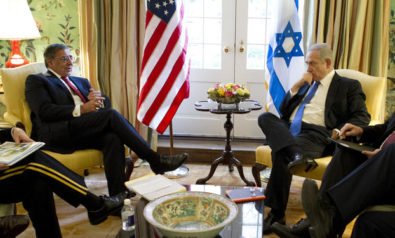


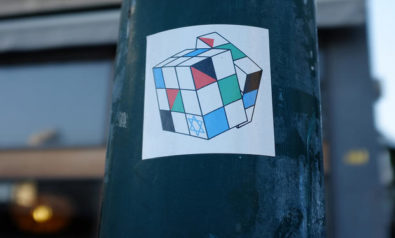
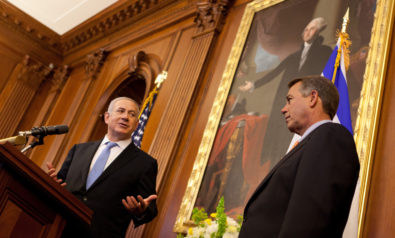
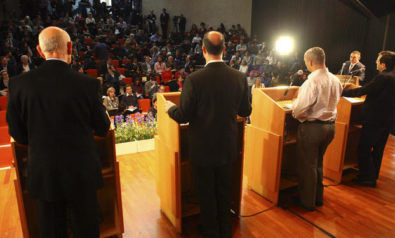
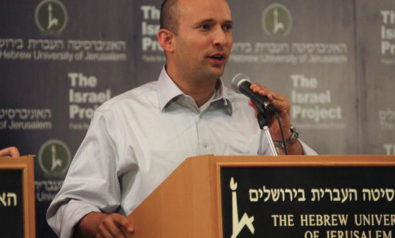
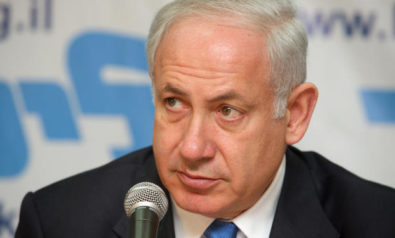

Comment